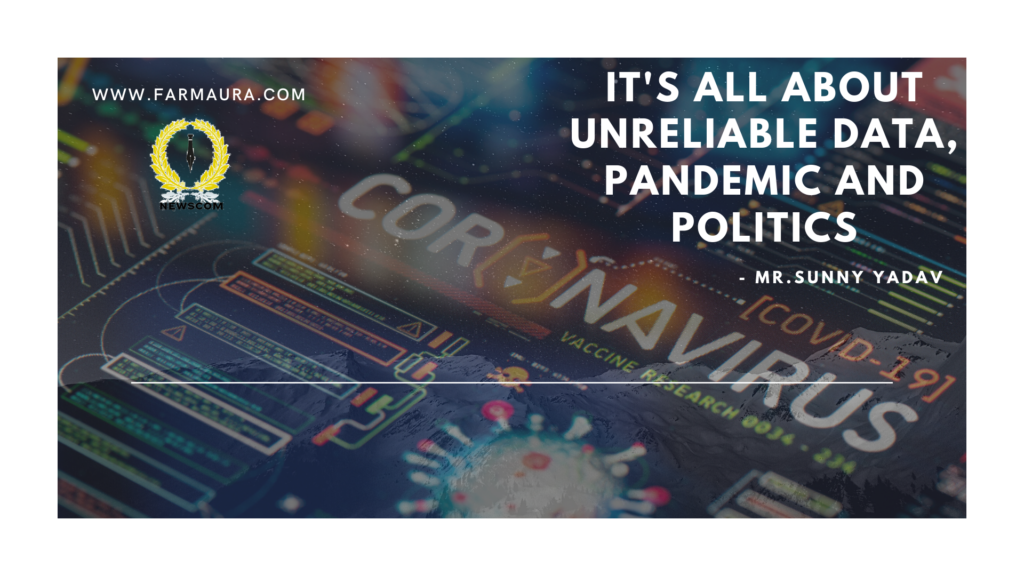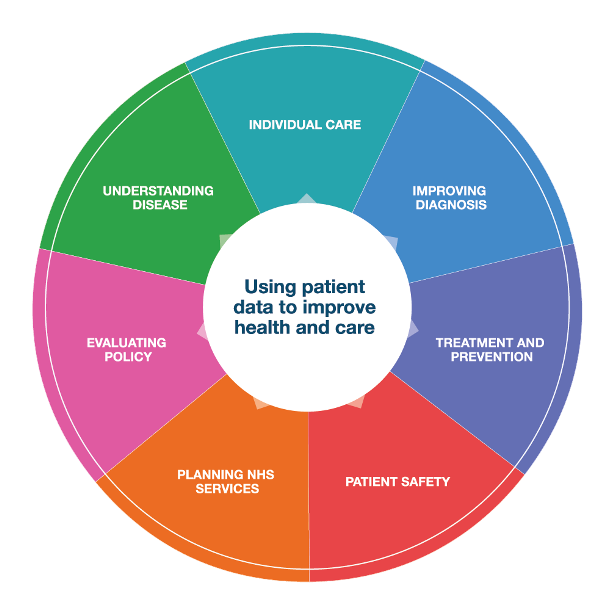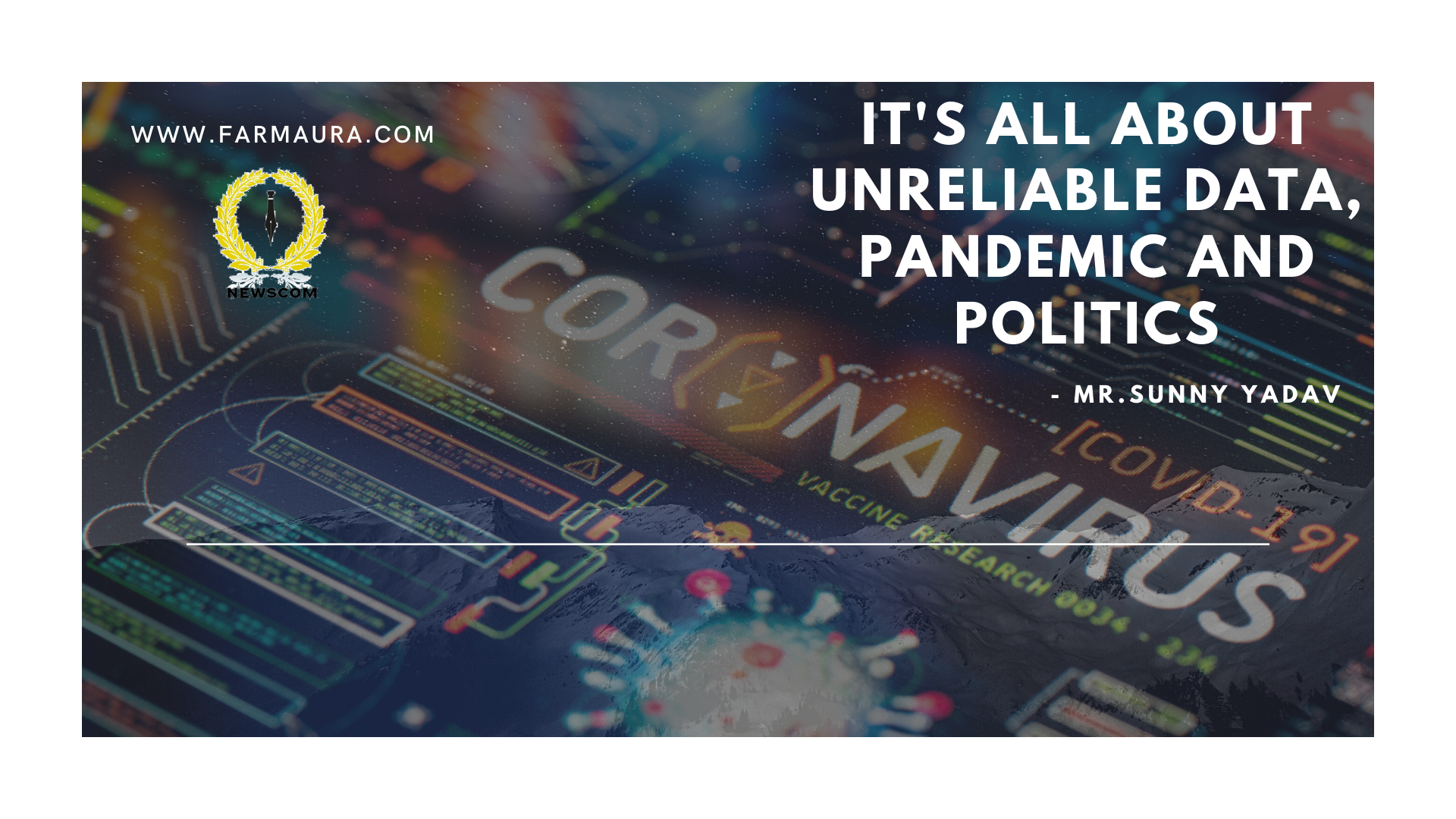
We are dealing with a global crisis. The decisions which leaders will make over the coming weeks will shape the world for years to come. From a public health perspective, to combat an epidemic, officials must take several actions, such as build awareness, set guidelines for health professionals, target infection clusters, limit population movements, and divide scarce resources. These decisions will influence how many people will survive and how many will die over the coming days, weeks and months. Leaders must act swiftly and decisively to save lives.
One basis for taking these decisions is the availability of the right data. In the fight against coronavirus, insight into preventive actions, population mobility, the spread of the disease, and the resilience of people and systems to cope with the virus, can help public health and humanitarian leaders respond more effectively to the COVID-19 epidemic.
To cover current and future needs of society, data science and Artificial Intelligence (AI) are seeking to drive the creation of technological solutions that benefit users in their daily lives. Many disciplines are uniting behind this cause, with health sciences to the fore, especially given the current context of the battle against the Covid-19 pandemic. Digital tools underpinned by these technologies are tackling problems that, approached conventionally, would cost more time and effort to resolve.
There are enormous benefits of using patient data, both for individual care, and to improve health, care and services across the country. When a patients were treated, they benefit from insights based on the data of previous patients like them.
Recently in Belgium, Dalberg Data Insights, one of the organisations mandated by the Belgium Government to lead the Data Against COVID-19 task force, has been analyzing aggregated and anonymised telecom data from the three telecom operators in the country. The foremost goal is to understand human mobility trends regarding lockdown measures and evaluate the risk of infection increases of a specific region.
Another example of effective use of data comes from South Korea. The country is watching quarantined citizens with a mobile app, developed by the Ministry of the Interior and Safety. Country’s sense of urgency escalated after “Patient 31” became a “super-spreader” and is thought to have caused the rapid rise in cases. People who are quarantined can use the app to communicate with the local government case officers and report their symptoms. Both the person and the government case officer are notified if the person leaves the designated quarantine zone. Such measures, together with the South Korea mass coronavirus testing, has contributed to “flattening the curve” in the country.
Aarogya Setu App, India’s main contact tracing technology, was launched on April 2nd this year. The app uses the phone’s Bluetooth and GPS capabilities. It keeps a record of all other Aarogya Setu users that it detected nearby using Bluetooth. It will also use a GPS log of all the places that the device had been at 15-minute intervals.
These records are stored on the phone till the time any user tests positive or declares symptoms of COVID-19 in a self-assessment survey in the app. In such cases, the records are uploaded to the servers.
We increasingly rely on digital technologies across all areas of our lives, benefiting from access to online services and tailored information when we need it, based on data about us or people like us. But concerns have been raised by experts and even ethical hackers on the privacy of these application. Critics say that applications like this could infringe privacy as there was no clarity on how data would be shared.
At the same time, reports of misuse of data, like Facebook and Cambridge Analytica, have highlighted the implications for privacy. There is no legislation that spells out in detail how the online privacy of users is to be protected.
Data now-a-days is more valuable than gold, major decisions and policies are dependent on these data. But Sometimes, it seems questionable whether the data is real or has been fabricated.
Similarly, a vast database from a little-known company called Surgisphere Corporation established by an Indian-American Surgeon Sapan Desai, has influenced rapid policy shifts as the world seeks treatments for Covid-19. But as researchers began to examine it more closely, they became increasingly concerned.

In the meantime, an anti-malarial drug called hydroxychloroquine, a derivative of chloroquine, was gaining traction as a potential Covid-19 treatment in the US after Donald Trump described it as possibly “one of the biggest game changers in the history of medicine,” adding, “it’s not going to kill anybody”.
There was huge political polarisation about hydroxychloroquine, politics became mixed in with policy. This should be about data, not opinions, and absolutely not about politics. The world had gone crazy.
Recently, the most respected medical journal in the world, the New England Journal of Medicine, published a study featuring the renowned Harvard University vascular surgeon Dr Mandeep Mehra was the lead author, Desai the second author. The study also based its results on the Surgisphere QuartzClinical database, including data from Covid-19 patients from 169 hospitals in 11 countries in Asia, Europe and North America. It found common drugs given for heart disease were not associated with a higher risk of death in Covid-19 patients.
On 22 May, the Lancet published a hydroxychloroquine study involving 96,000 patients around the world which found the drug was associated with a higher risk of heart problems and death in those with Covid-19. The authors again included Mehra and Desai, and again, Surgisphere’s QuartzClinical global database was used, this time to obtain the data from 1,200 hospitals. The study involved so many hospitals and people that its findings, to many, seemed definitive. Hydroxychloroquine did not work for Covid-19, and in fact could be dangerous in those patients.
The Lancet study was published on a Friday. And the consequence was, in less than 24 hours, the World Health Organization [WHO] had stopped the hydroxychloroquine arm of the trial they’re sponsoring.
This had massive consequences. There are 131 hydroxychloroquine Covid-19 trials registered. Many national funding agencies stopped or paused these trials.
An investigation by Australian media found that the studies were based on contained seriously questionable data.
Now, Researchers around the world are questioning the authenticity of the most respected medicals journals in the world also the legitimacy of the global organisations is being questioned.
Yet, today, the public health leaders who make the hard choices are lacking high quality, high resolution data on key questions, such as: where is the disease likely to spread? Are there priority areas that we need to contain to limit further propagation? Where are the most vulnerable communities?
We know that everything we do online reveals small pieces of our real existence. The websites we enter get to know very small parts of us. Hence, we should really understand the importance of data in this tech driven world where even a single bit of information matters.





Insightful
Like!! Thank you for publishing this awesome article.